Dhaka, Nov 06 (V7N) – The deteriorating quality of secondary education in Bangladesh has become a national concern, as the system continues to prioritize exam scores over genuine learning, creativity, and moral development. Teachers, parents, and education experts are increasingly alarmed by a structure that appears to produce certificates rather than enlightened citizens.
Education was once envisioned as a means of acquiring knowledge, building character, and nurturing values. However, students today are often treated as machines trained only to score high marks. The secondary education system has transformed into a relentless test-oriented mechanism that suppresses curiosity and discourages critical thinking.
Teachers now focus more on predicting exam questions than teaching for understanding, while students memorize answers without comprehending concepts. This mechanical process produces not thinkers, but rote learners who forget lessons as soon as exams are over.
Beyond academic weaknesses, moral and ethical values are also eroding. Honesty, empathy, patriotism, and social responsibility—once central to education—have been reduced to mere words in textbooks. When education becomes solely a means to employment rather than human development, the decay of ethics and humanity becomes inevitable.
Another growing concern is the politicization of students and schools. Many secondary students are being lured into political activities by local influences promising benefits or future power. Schools are increasingly being used as venues for political programs, with local politicians involved in school management committees. This interference undermines the neutrality of teachers, disrupts academic activities, and exposes young minds to divisive political agendas.
At the same time, classroom attendance continues to decline as many students prefer coaching centers over schools. A lack of engaging lessons, repetitive content, and minimal interaction between teachers and students have made classrooms uninspiring. The traditional bond of respect and mentorship between teachers and pupils is fading fast.
Teachers, once regarded as the nation’s conscience, are losing their moral and social status. Many now prioritize private tutoring over classroom teaching due to financial pressures. Without restoring dignity, proper training, and security to the teaching profession, the revival of meaningful education remains uncertain.
Students also suffer from intense psychological pressure driven by parental expectations and social comparison. The obsession with being “first” in class often leads to anxiety, depression, and low self-esteem. Experts suggest that mental health should be integrated into the education system to ensure emotional well-being.
The introduction of a new curriculum has raised further challenges. Many teachers are not adequately trained to deliver it, and schools lack the necessary environment and resources. As a result, students find the textbooks confusing, and teachers struggle to interpret the new content. Without effective teacher training and real-world relevance, curriculum reform risks remaining only on paper.
The author raises an urgent question: What are we truly teaching? Is the goal of education simply to secure jobs, or to create responsible citizens? Without fostering morality, creativity, and practical wisdom, the future of Bangladesh will remain uncertain.
To address these challenges, education specialists and social thinkers propose several reforms:
-
Make teacher training practical and research-based.
-
Align textbooks with students’ mental and developmental levels.
-
Replace test-centered systems with continuous, enjoyable learning.
-
Raise parental awareness that education is more than grades—it is about humanity.
-
Keep all forms of politics out of educational institutions.
-
Ensure regular classroom attendance by creating engaging learning environments.
If education fails to enlighten, it only deepens the darkness. Bangladesh’s secondary education system now needs not just reform, but a revolution—in thought, practice, and purpose. Education must become humane, ethical, and life-centered to truly build a nation of enlightened citizens.
Writer: (Md. Rokonuzzaman Sharif, Teacher and Journalist, General Secretary, Mathbaria Press Club, Pirojpur)
END/MRZ/SMA/



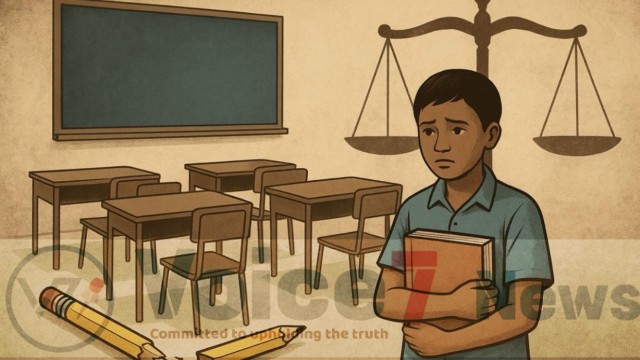

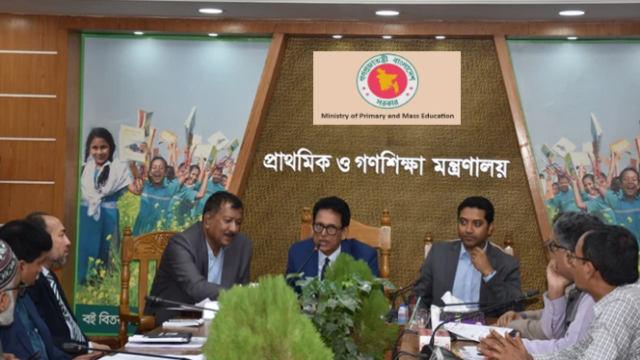
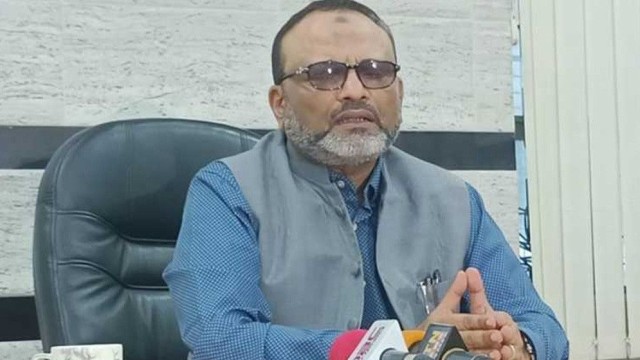


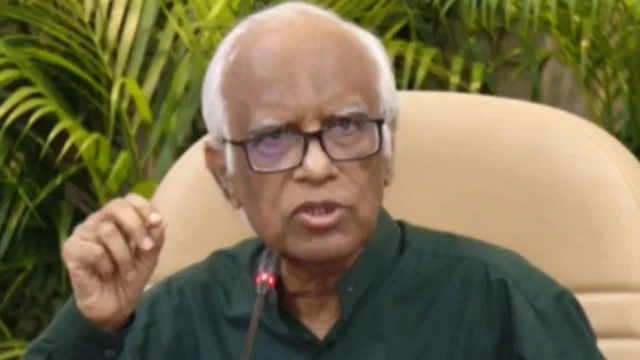
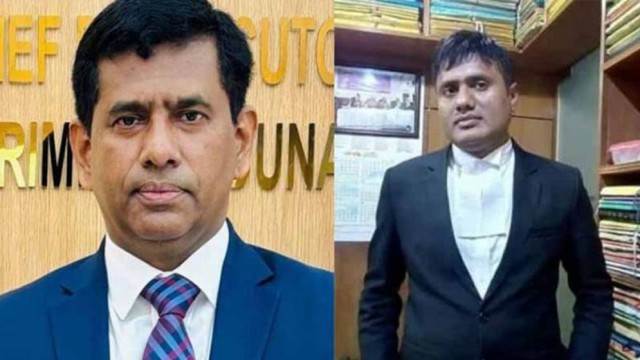
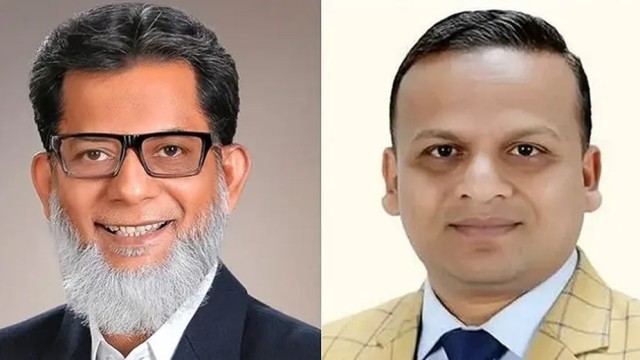
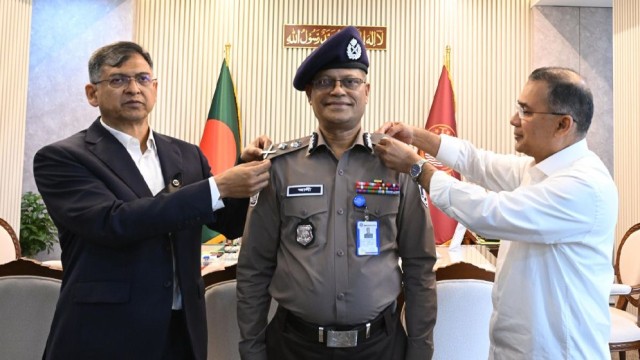
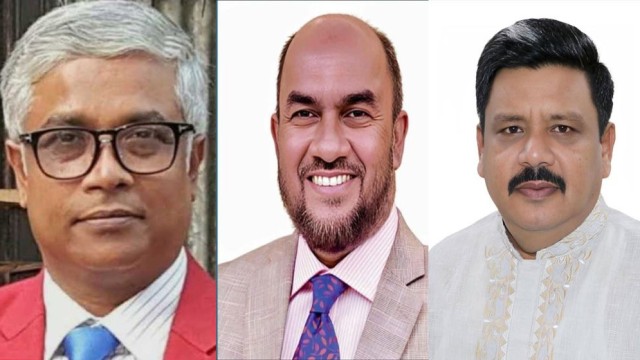

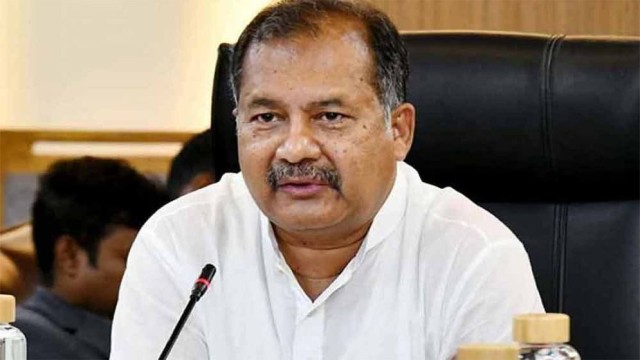

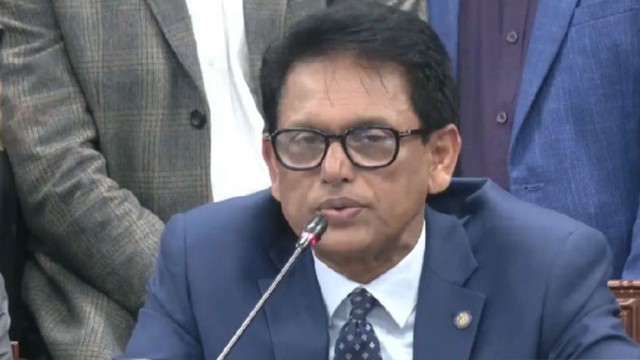
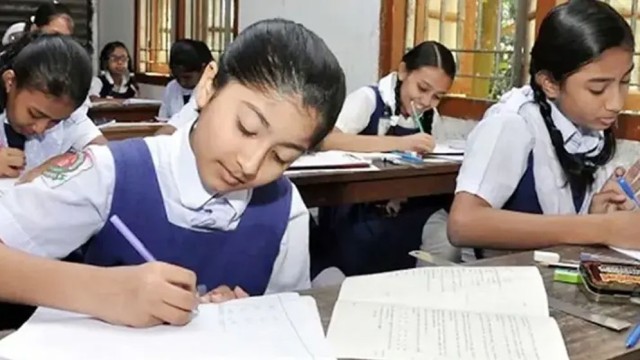











Comment: